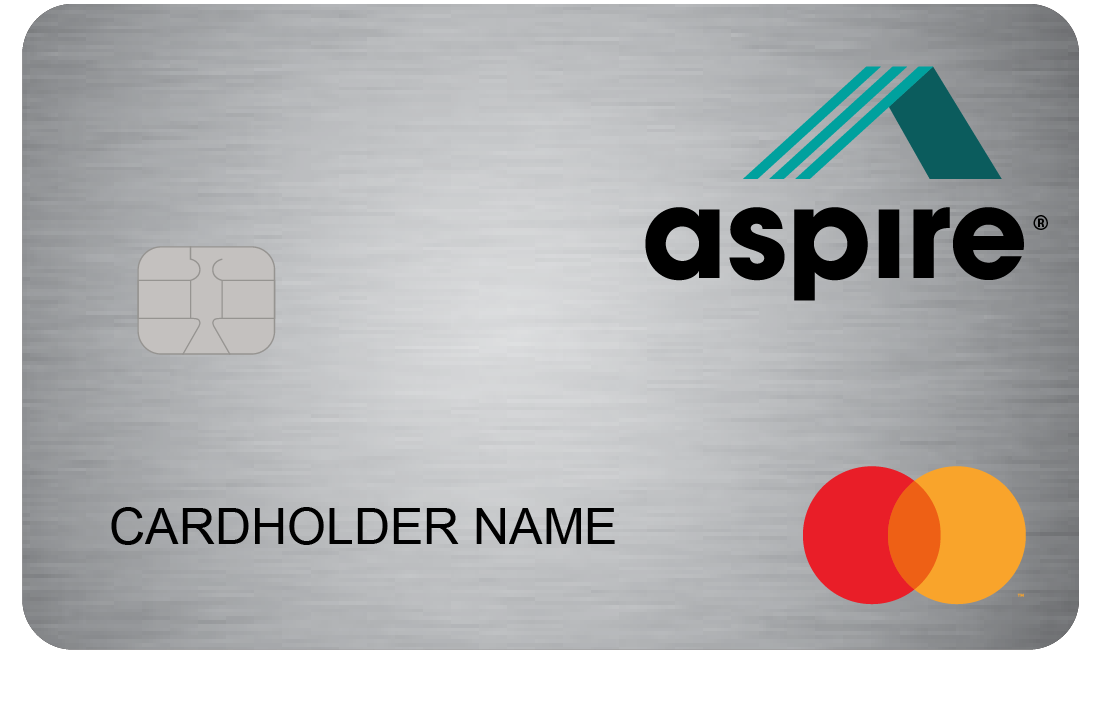Is your credit score good? Learn how to classify it!
Estimating your likelihood of repaying new debt is one of the key factors influencing your individual creditworthiness and has a significant impact on the interest rate of your loan.
The Importance of a Strong Credit Score and How to Improve It
A strong credit score is a crucial factor considered by banks and financial institutions when assessing credit card applications, personal loans, and even mortgages. Whether you’re looking to buy a car, rent an apartment, or get a credit card, your credit score plays a significant role. It’s essential to understand credit scores, their ranges, and how they impact various aspects of your life.
Understanding Credit Scores
A credit score is a three-digit number, typically ranging from 300 to 900, that predicts the likelihood of a customer repaying borrowed funds. It strongly influences the approval of loans, credit cards, mortgages, and other forms of credit, as well as the terms and interest rates offered to customers.
The Origin of Credit Scores
Credit scores are generated by credit bureaus or reporting agencies. These agencies collect an individual’s payment behavior, bill history, and other credit-related information from associated banks and financial institutions. By using mathematical algorithms and scoring models, the credit bureaus analyze this data from credit reports to calculate credit scores. The widely used scoring models are FICO (developed by Fair Isaac Corporation) and VantageScore (developed collaboratively by the three major credit bureaus). In the United States, Equifax, Experian, and TransUnion are the most well-known credit reporting agencies.
Differentiating Poor and Excellent Credit Scores
Credit scores range from 300 to 850, with the higher score indicating better creditworthiness. There are five classifications of credit scores, each representing different credit risk levels:
1. Poor (300-579): This range signifies a very high credit risk with a history of payment defaults and possible bankruptcies. Obtaining credit or loans with favorable terms can be challenging, and if approved, they may come with high interest rates.
2. Fair (580-669): Fair credit scores indicate a higher credit risk compared to individuals with better scores. People in this range may have negative items on their credit report, such as late payments or collection accounts. They may qualify for credit products but with shorter terms and less favorable interest rates.
3. Good (670-739): Scores in this range indicate a lower credit risk. People with good credit scores have a solid history of on-time payments and responsible credit use. They are likely to qualify for credit with reasonable interest rates and longer repayment terms.
4. Very Good (740-799): This range reflects a relatively low credit risk. Individuals with very good credit scores have a long history of responsible credit management and may qualify for loans and credit cards with excellent terms, rewards, and lower interest rates.
5. Excellent (800-850): Scores in this range indicate an exceptionally low credit risk. Individuals with excellent credit have a flawless credit history with few or no negative items. They are likely to qualify for credit products with the best terms, lowest interest rates, and premium rewards.
While these ranges are generally applicable, credit scoring models may slightly vary between different credit bureaus, and lenders may have their own criteria for evaluating credit applications. Other factors like income and employment history may also influence lending decisions.
Improving Your Credit Score
Maintaining a good credit score is vital for financial health, especially when seeking personal loans or financing options. Here are some practices that can help improve your credit score:
1. Regularly check your credit reports and correct any errors.
2. Pay bills on time and avoid late payments.
3. Keep credit utilization low (i.e., don’t max out your credit cards).
4. Consider alternative options like “credit score builder loans” offered by banks and credit unions. Patelco is one such company that provides these loans with fair interest rates and lower amounts. By making timely payments on these loans, you can improve your credit history and ultimately your credit score.
Remember, maintaining a good credit score requires diligence and responsible financial management. By following these practices, you can improve your creditworthiness and enhance your financial opportunities.




